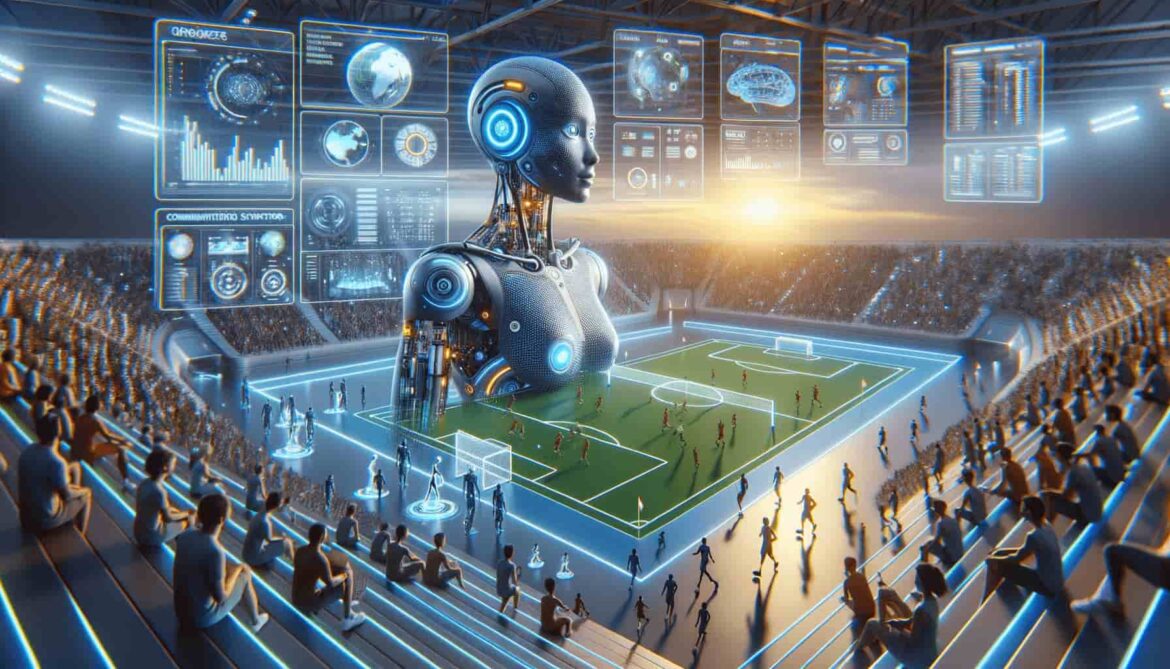The integration ofartificial intelligence (AI) in the organization of sporting events is radically changing the efficiency and experience offered. The growing use of this innovative technology offers immense potential for managing resources, improving safety, personalizing the spectator experience and analyzing athlete performance.
Main functions of AI in sports events
AI acts as a multifunctional tool in sports events, encompassing the programming of chatbots to inform visitors, predictive analysis for traffic management, recognition systems for security, through to the processing of large amounts of data to improve sports performance.
AI enhances logistics management
The complex logistics of a sporting event can be greatly improved with AI, making the experience smoother for organizers and participants alike.
Optimizing visitor flows with AI
Artificial intelligence can analyze and predict visitor movements to avoid congestion and improve traffic flow within the event, guaranteeing better space management and reduced waiting times.
Artificial intelligence and event transport management
From transport route planning to real-time management of shuttle services, AI offers precise solutions to ensure efficient and adaptable transport logistics.
Artificial intelligence for event security
Technological advances in AI make it possible to ensure a higher level of safety at sporting events, a not insignificant aspect for participants and spectators alike.
Facial recognition and risk prevention
AI-powered facial recognition systems help to quickly identify individuals representing a potential risk and to manage large crowds safely.
AI in spectator engagement and experience
Artificial intelligence offers innovative ways to increase spectator interaction and enrich their experience before, during and after sporting events.
Personalizing the spectator experience with artificial intelligence
By analyzing user data, AI makes it possible to create personalized experiences for fans, from recommending seats to offering targeted promotions.
AI recommendation systems for spectator services
Intelligent recommender systems help spectators navigate catering, merchandising and other services to maximize their satisfaction and engagement.
Data analysis and sports performance: the contribution of AI
AI is transforming the way athlete data is used to optimize sports performance and strategies, as well as to improve injury prevention and management.
Real-time performance and strategy prediction
Machine learning algorithms analyze performance data in real time to help coaches and athletes adjust their strategies during competition.
AI and athlete health: prevention and rehabilitation
Artificial intelligence plays a key role in monitoring athletes’ health, enabling early detection of potential health problems and proposing personalized rehabilitation programs.
Conclusion: AI, an unavoidable revolution for sports event organizers
Ultimately, the integration of artificial intelligence into sports event organization is reshaping the industry’s landscape. Its impact on logistics, security, spectator experience and athlete performance demonstrates that AI is not just a trend, but a revolution that is shaping the future of sporting events.

